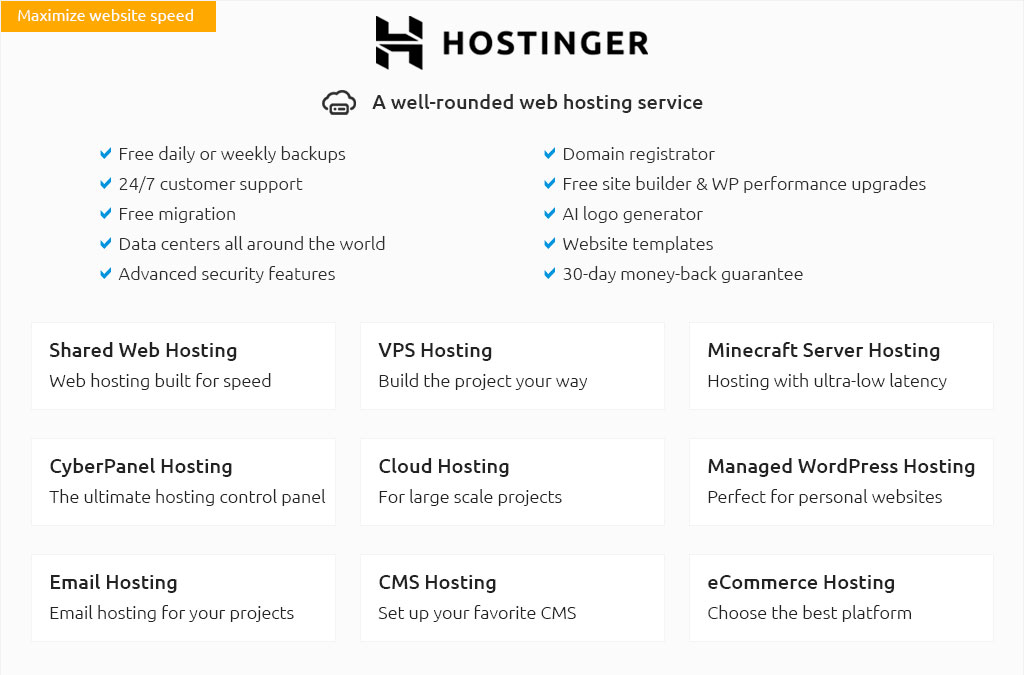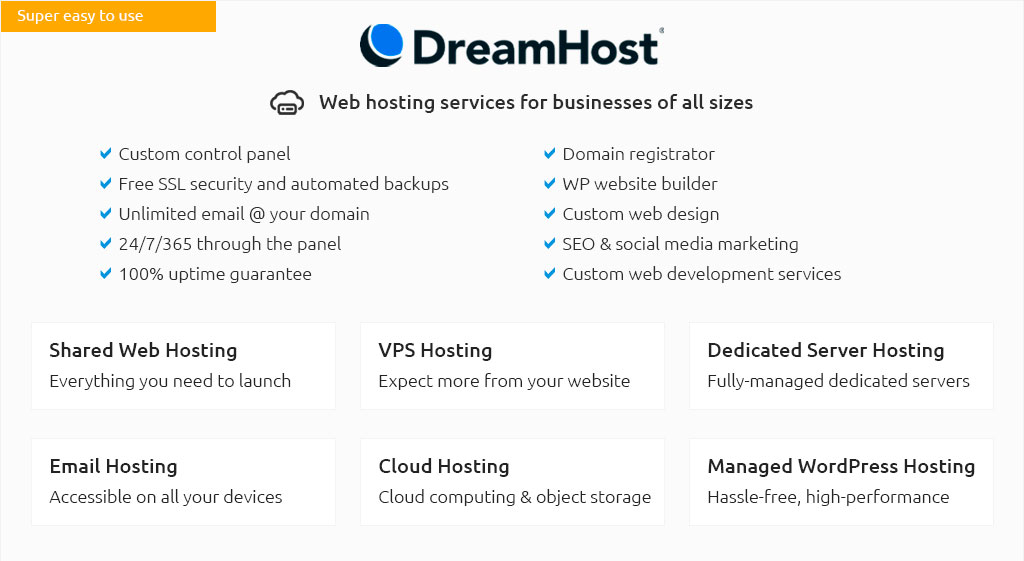 |
|||
 |
 |
 |
|
 |
|
 |
 |
 |
|||
 |
|||
 |
|||
 |
|||
 |
 |
Understanding the Essentials of VPS Mail Servers: Expert Tips and AdviceIn today's digital landscape, the term VPS mail server often pops up in discussions about email hosting solutions. But what exactly is it, and why might one choose it over other options? A VPS, or Virtual Private Server, represents a middle ground between shared hosting and a dedicated server, offering a unique blend of flexibility, control, and affordability. When you opt for a VPS mail server, you're essentially renting a portion of a physical server, which is partitioned into several isolated environments. This setup allows you to customize the server environment to suit your specific needs, which is particularly beneficial for businesses that require more resources and control than what shared hosting can provide, yet don't need the full power of a dedicated server. Why Choose a VPS for Your Mail Server? The advantages are numerous. For starters, you gain greater control over your environment. You can configure the server settings to optimize performance and security, a critical consideration for handling sensitive email communications. Additionally, VPS servers typically offer better reliability and uptime than shared hosting, reducing the risk of your emails bouncing or being delayed due to server issues.
However, it's important to consider that managing a VPS requires a certain level of technical expertise. Unlike shared hosting, where much of the server management is handled for you, a VPS requires you to take on more responsibility. This includes everything from setting up the mail server software to ensuring regular backups and updates. If you or your team are not comfortable with these tasks, you might consider hiring a professional or looking for a managed VPS solution. Expert Tip: When choosing a VPS provider for your mail server, it's crucial to assess the support options available. A provider with 24/7 customer service can be invaluable, especially if you're running a business where email downtime can affect operations. In conclusion, a VPS mail server can be an excellent choice for those who need more control, flexibility, and reliability than shared hosting can offer. While it may require a bit more effort to manage, the benefits in terms of performance and security can be well worth it. As you explore your options, keep in mind your current needs, potential for growth, and your technical capabilities to ensure you make an informed decision that aligns with your business goals. https://www.hostinger.com/tutorials/how-to-host-your-own-email-server
Email hosting on a VPS is simpler since the provider will set up and manage the hardware. As such, it is more cost-efficient and offers various ... https://contabo.com/en-us/mail-server/
High uptime ensures your mail server is always available, maintaining constant communication without interruptions ... https://swissmade.host/en/blog/how-to-set-up-your-own-open-source-email-server-on-a-vps
One key component of setting up a self-hosted email service is the hosting environment itself, and this is where a Virtual Private Server (VPS) comes into play.
|